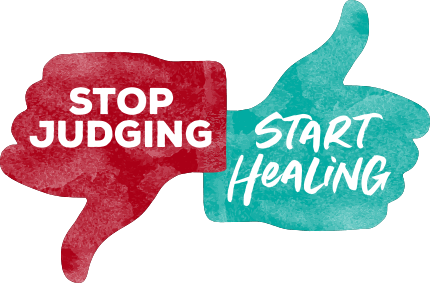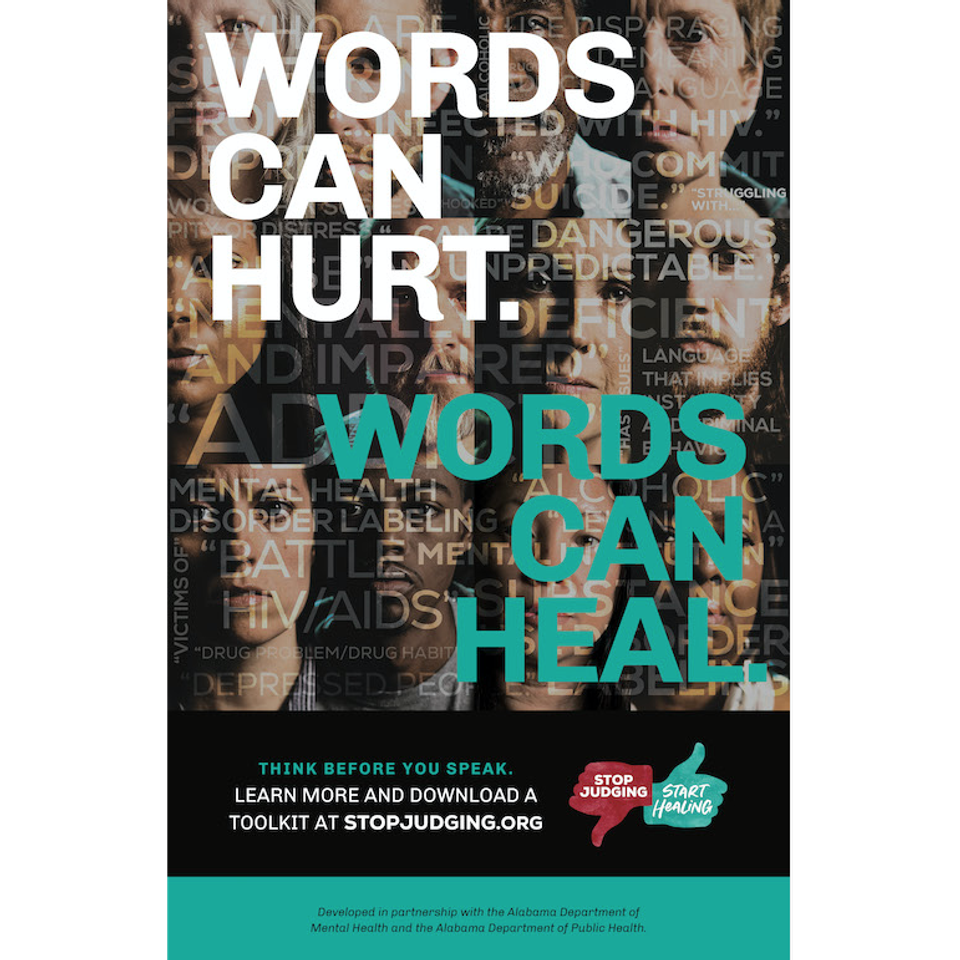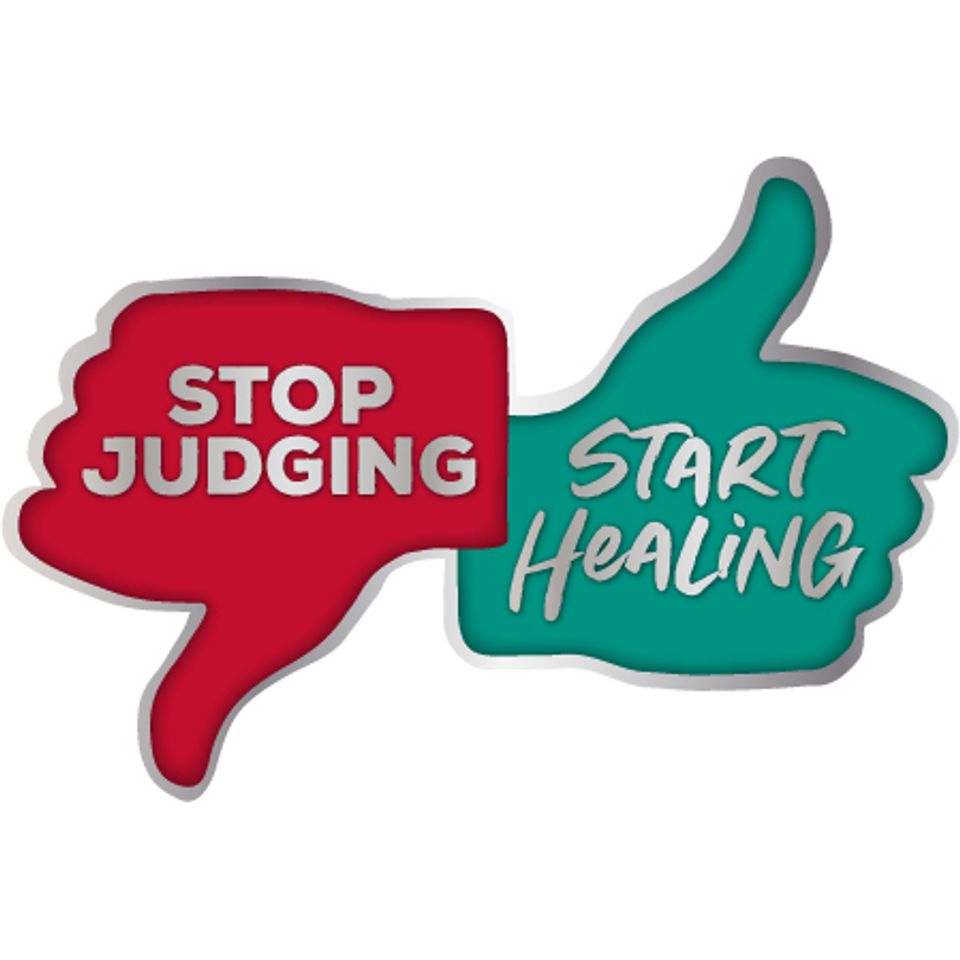RESOURCES FOR LAW ENFORCEMENT
Impact of Person-First Language for Law Enforcement. When police officers interact adaptively with those suffering from mental illness, opioid use disorder, substance use disorder, and HIV, outcomes are generally more positive. Effective communication skills, understanding these disorders and their consequences, and treating people with compassion and respect, will more likely lead to non-violent conflict resolution. Encounters between the police and people with these disorders have most likely increased as part of the deinstitutionalization process of some mental health and recovery services. The use of appropriate language BY law enforcement can positively affect the ways individuals VIEW law enforcement. Inappropriate language can have the opposite effect by stigmatizing individuals suffering and lead to a higher level of conflict.
Stigmatizing words can discourage, isolate, shame, and embarrass someone with a chronic condition. Entire groups of people become devalued and excluded from society when disorder-labeling language is used to describe socially unacceptable health conditions. People may decide not to seek the treatment they need because of the stigma and social or economic consequences resulting from the way they’ve been defined.
Stigmatizing words can discourage, isolate, shame, and embarrass someone with a chronic condition. Entire groups of people become devalued and excluded from society when disorder-labeling language is used to describe socially unacceptable health conditions. People may decide not to seek the treatment they need because of the stigma and social or economic consequences resulting from the way they’ve been defined.



